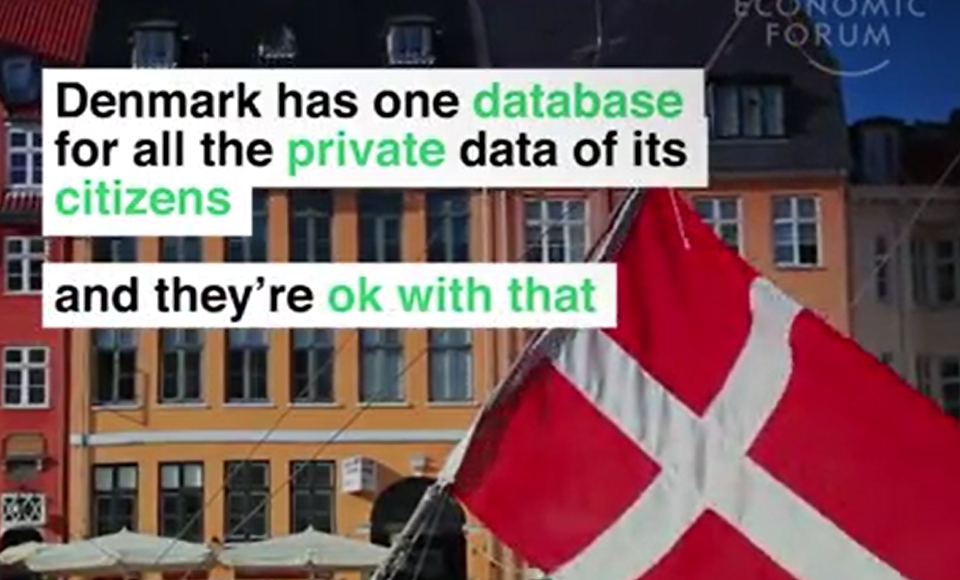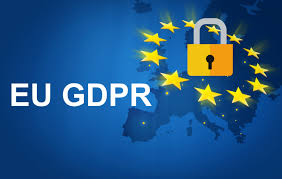Exchange of data between enterprises – aka interenterprise data sharing – is becoming a hot topic in the era of digital transformation. As told in the post Data Quality and Interenterprise Data Sharing this approach is the cost-effective way to ensure data quality for the fast-increasing amount of data every organization has to manage when introducing new digital services.
McKinsey Digital recently elaborated on this theme in an article with the title Harnessing the power of external data. As stated in the article: “Organizations that stay abreast of the expanding external-data ecosystem and successfully integrate a broad spectrum of external data into their operations can outperform other companies by unlocking improvements in growth, productivity, and risk management.”
The arguments against interenterprise data sharing I hear most often revolves around privacy and confidentiality concerns.

Let us have a look at this challenge within the two most common master data domains: Party data and product data.
Party Data
The firm CDQ talk about the case for sharing party data in the post Data Sharing: A Brief History of a Crazy Idea. As said in here: The pain can be bigger than the concern.
Privacy through the enforced data privacy and data protection regulations as GDPR must (and should) be adhered to and sets a very strict limit for exchanging Personal Identifiable Information only leaving room for the legitimate cases of data portability.
However, information about organizations can be shared not only as exploitation of public third-party sources as business directories but also as data pools between like-minded organizations. Here you must think about if your typos in company names, addresses and more really are that confidential.
Product Data
The case for exchanging product data is explained in the post The Role of Product Data Syndication in Interenterprise MDM.
Though the vast amount of product data is meant to become public the concerns about confidentiality also exist with product data. Trading prices is an obvious area. The timing of releasing product data is another concern.
In the Product Data Lake syndication service I work with there are measures to ensure the right level of confidentiality. This includes encryption and controlling with whom you share what and when you do it.
Data governance plays a crucial role in orchestrating interenterprise data sharing with the right approach to data privacy and confidentiality. How this is done in for example product data syndication is explained in the page about Product Data Lake Documentation and Data Governance.





 The roadmap has as all programs should have an as-is phase, here in concrete as a Privacy Impact Assessment covering what should have been done, if the regulation was already in force. Then comes the phase stating the needed to-be state with the action plan that fills the gaps while
The roadmap has as all programs should have an as-is phase, here in concrete as a Privacy Impact Assessment covering what should have been done, if the regulation was already in force. Then comes the phase stating the needed to-be state with the action plan that fills the gaps while  The upcoming application of the EU General Data Protection Regulation (GDPR) is an attempt to harmonize the data protection and privacy regulations across member states in the European Union.
The upcoming application of the EU General Data Protection Regulation (GDPR) is an attempt to harmonize the data protection and privacy regulations across member states in the European Union. Don’t panic about
Don’t panic about 